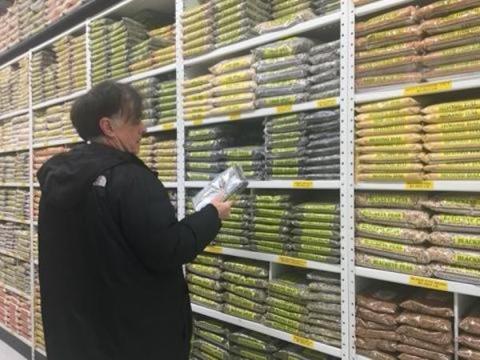
UNIVERSITY PARK, Pa. — Widely accepted myths that urbanization negatively impacts food and land use biodiversity are incorrect, according to a team of researchers who developed a framework for evaluating this intersection. Their results could also affect nutrition and food insecurity in urban areas.
More than 50% of humanity currently lives in urban areas and by 2050 this will grow to 68%. Growing urbanization drives changes in climate, land use, biodiversity and the human diet, according to the researchers.
"We can't simply assume that urbanization exclusively, negatively impacts food biodiversity," said Karl S. Zimmerer, E. Willard and Ruby S. Miller Professor of Environment and Society Geography, Penn State, who directs the GeoSyntheSES Lab.

